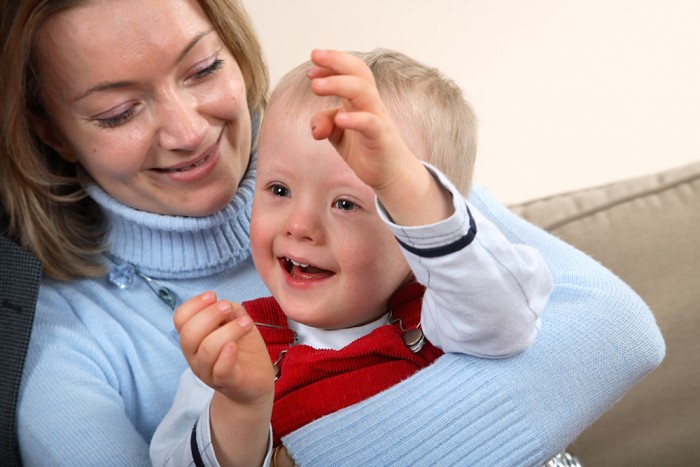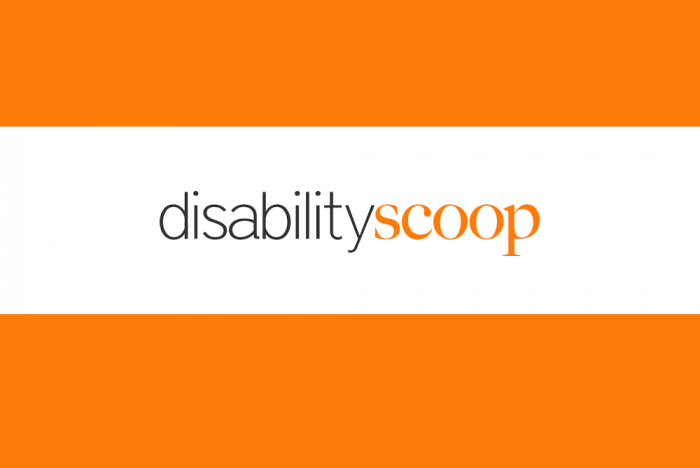September is FASD (Fetal Alcohol Syndrome Disorder) Awareness Month. This is an expansion of FASD Awareness Day that has been held each year on September 9 since 1999. People all around the world gather for events to raise awareness about the dangers of alcohol use during pregnancy and the challenges of individuals and families living with FASD. The first awareness day was celebrated on September 9, 1999; this day was chosen so that on the ninth day of the ninth month of the year, the world will remember that during the nine months of pregnancy, the safest option is to abstain from alcohol.
We hope you will take the time to review this month’s FASD Newsletter and share with your networks. RCPA wishes to highlight FASD Month for its members to bring awareness, education, and advocacy to this critical issue affecting children and families. If you have any questions or want to assist in promoting FASD Month, please contact RCPA Policy Director Jim Sharp.
















